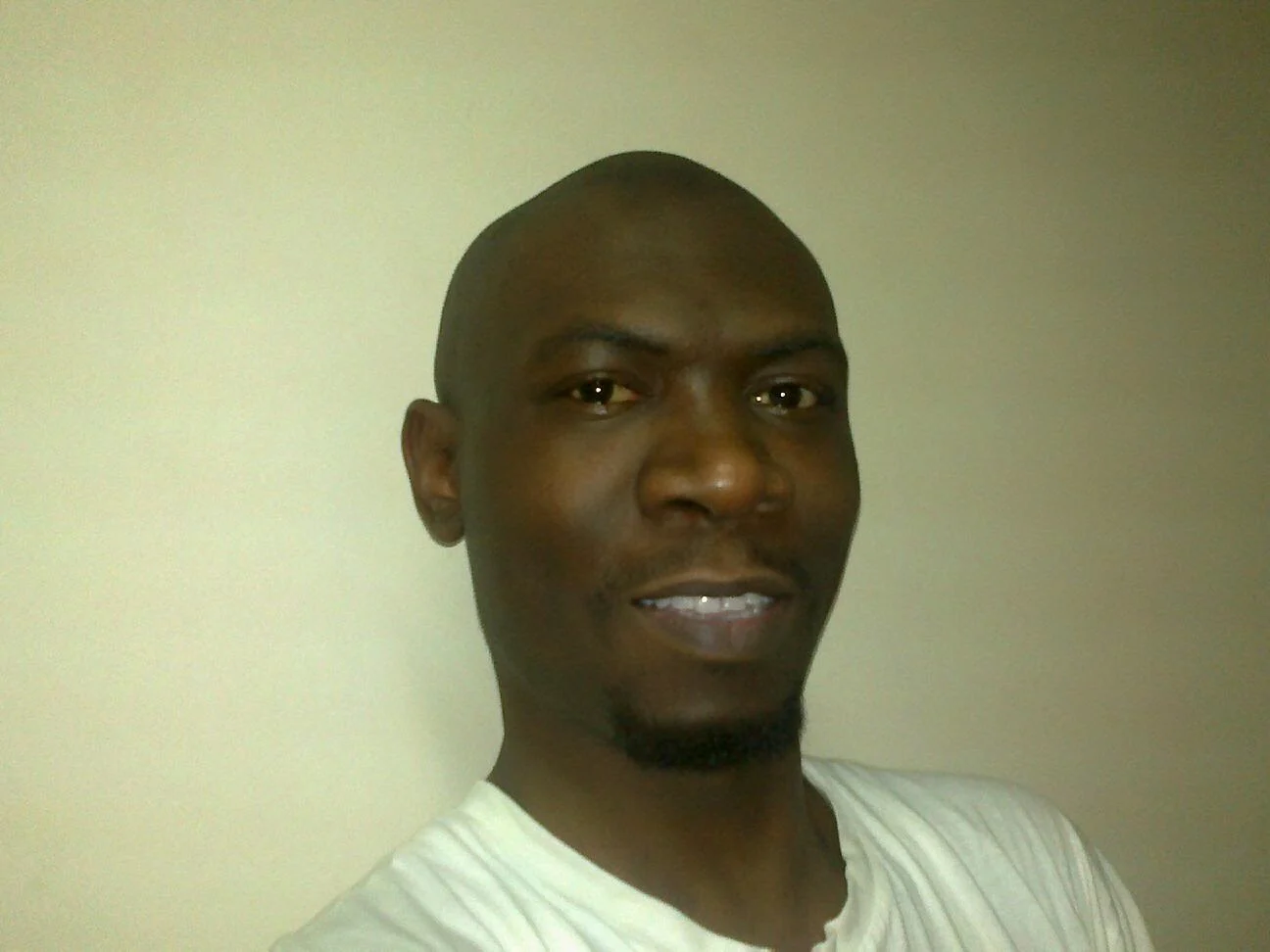Stephen Munyakho, a Kenyan who had been on death row in Saudi Arabia for over a decade, is set to return home after the Muslim World League paid $1 million (Sh129.5 million) to secure his release.
United Democratic Alliance (UDA) Secretary General Hassan Omar announced the development during an Iftar event at State House, Nairobi.
He revealed that the intervention came after a direct appeal by President William Ruto.
“The President made a passionate request regarding a Kenyan who was facing death by beheading for murder. The Saudi Arabian ambassador to Kenya and Kenya’s ambassador in Saudi Arabia have confirmed that the request has been honored," Omar said.
"The $1 million has been paid, and the Kenyan will return home safe,” Omar said.
Munyakho was convicted of manslaughter in 2013 following the death of Yemeni national Abdul Halim Mujahid Makrad Saleh.
The incident occurred in April 2011 when Abdul succumbed to stab wounds after an altercation.
Munyakho, who was also injured in the incident, was initially sentenced to five years in prison. However, Abdul’s family successfully appealed the case, leading to a Shariah court sentencing Munyakho to death.
For the past 13 years, Munyakho has been held at Shimeisi Prison in the city of Mecca.
Under Saudi law, convicts can have their sentences lifted if the victim’s family agrees to accept "diya" or blood money as compensation for unintentional harm or death.
In Munyakho’s case, Abdul’s family had agreed to a settlement of 3.5 million Saudi Riyals (approximately Sh150 million).
Despite the agreement, negotiations over the payment delayed his release.
His execution had initially been scheduled for May 16, 2024, but was postponed on May 13 to allow more time for discussions. With the payment now made, Munyakho is expected to return home soon.
Omar also used the occasion to urge Kenyans living abroad to adhere to the laws of their host countries. “We warn Kenyans wherever they are to respect the laws of the territories they live in,” he said.
